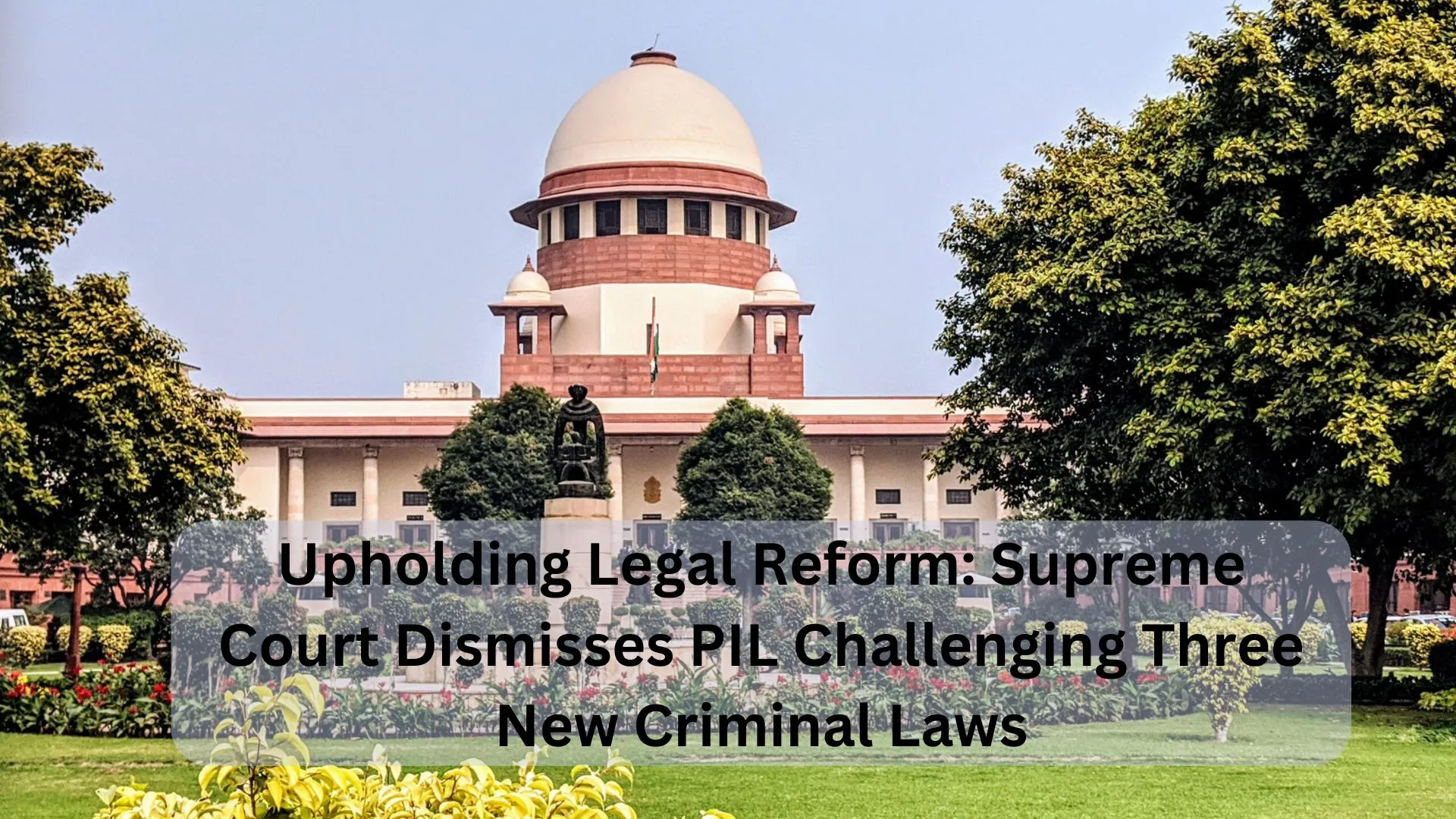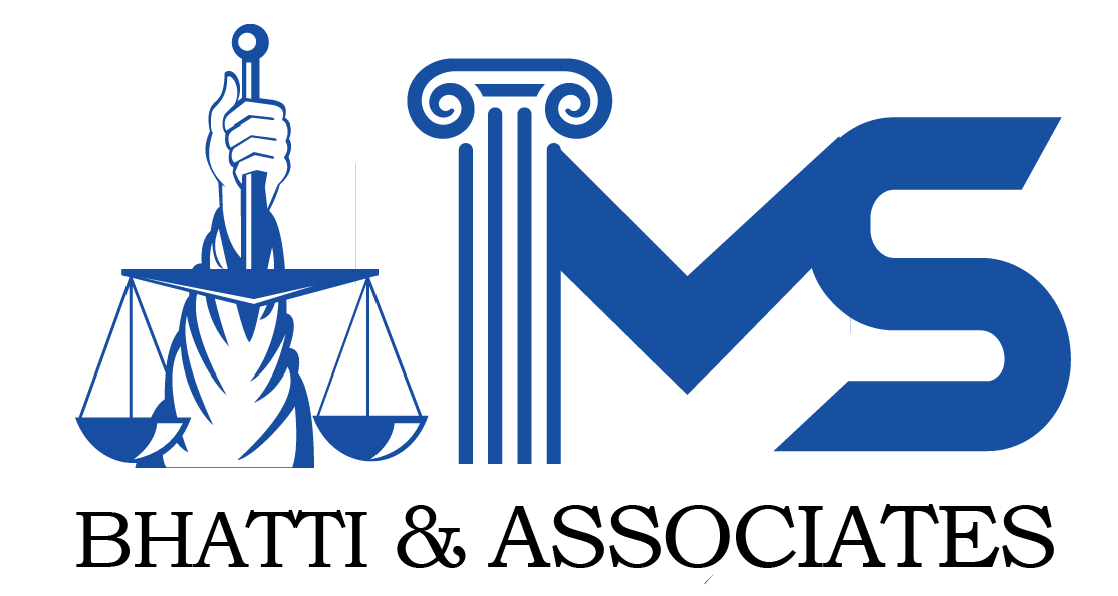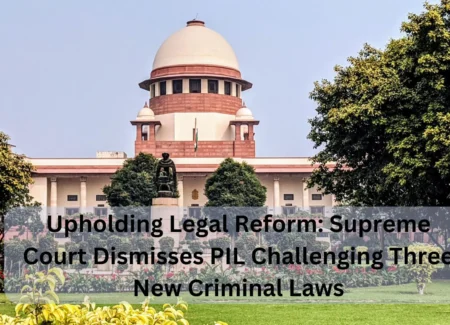
In a landmark decision, the Supreme Court of India recently dismissed a Public Interest Litigation (PIL) challenging three new criminal laws. These laws, namely the Criminal Procedure Code (Amendment) Act, the Indian Penal Code (Amendment) Act, and the Indian Evidence Act (Amendment) Act, were introduced to address various challenges and modernize aspects of the country’s criminal justice system. The dismissal of the PIL, upheld by a bench headed by Chief Justice N.V. Ramana, holds profound implications not only for the legal landscape of the nation but also for the practitioners within it, including criminal advocate in Chandigarh.
The Significance of Legal Reforms:
Legal reforms are essential for the evolution and efficacy of any judicial system. They serve to adapt the law to contemporary societal needs, enhance access to justice, and ensure the protection of fundamental rights. In India, where the legal system is vast and complex, periodic reforms are crucial for maintaining its relevance and efficiency.
The Three New Criminal Laws:
The Criminal Procedure Code (Amendment) Act, Indian Penal Code (Amendment) Act, and Indian Evidence Act (Amendment) Act represent significant legislative efforts aimed at modernizing and streamlining various aspects of criminal law and procedure in India. These amendments address a wide range of issues, including procedural intricacies, evidentiary standards, and substantive offenses.
Challenges to the New Laws:
Despite their intentions to improve the criminal justice system, the new laws faced scrutiny and opposition. The PIL challenging these laws questioned their constitutionality and potential implications on individual rights and liberties. Such challenges are not uncommon in a democratic society where the judiciary plays a crucial role in ensuring the alignment of laws with the constitution and principles of justice.
The Supreme Court’s Decision:
The Supreme Court’s dismissal of the PIL challenging the three new criminal laws signifies a validation of legislative intent and authority. By upholding the laws, the Court affirms the legislature’s prerogative to enact reforms aimed at promoting justice, fairness, and efficiency in the legal system. It also underscores the judiciary’s role in interpreting laws within the framework of constitutional principles and legal precedents.
Implications for Criminal Advocate in Chandigarh:
Chandigarh, as a prominent legal hub in India, hosts a diverse community of legal professionals, including criminal advocate. For these practitioners, the Supreme Court’s decision carries significant implications. It reaffirms the need for them to stay updated with legislative developments and adapt their strategies to effectively represent their clients within the evolving legal landscape.
Furthermore, the dismissal of the PIL sets a precedent for future legal proceedings and interpretations concerning criminal laws. It establishes a framework for evaluating the constitutionality and validity of legislative measures aimed at reforming the criminal justice system. Criminal advocate in Chandigarh must remain vigilant and proactive in navigating these complexities to ensure competent representation and uphold the principles of justice.
Conclusion:
The Supreme Court’s dismissal of the PIL challenging three new criminal laws represents a significant milestone in India’s ongoing efforts towards legal reform. By upholding these laws, the Court reaffirms the importance of legislative initiatives in addressing contemporary challenges within the criminal justice system. For criminal advocate in Chandigarh and beyond, it underscores the need for continuous learning, adaptation, and engagement with legal discourse to navigate the evolving legal landscape effectively. As the legal profession continues to evolve, staying informed and proactive remains essential in ensuring the delivery of justice and upholding the rule of law.



